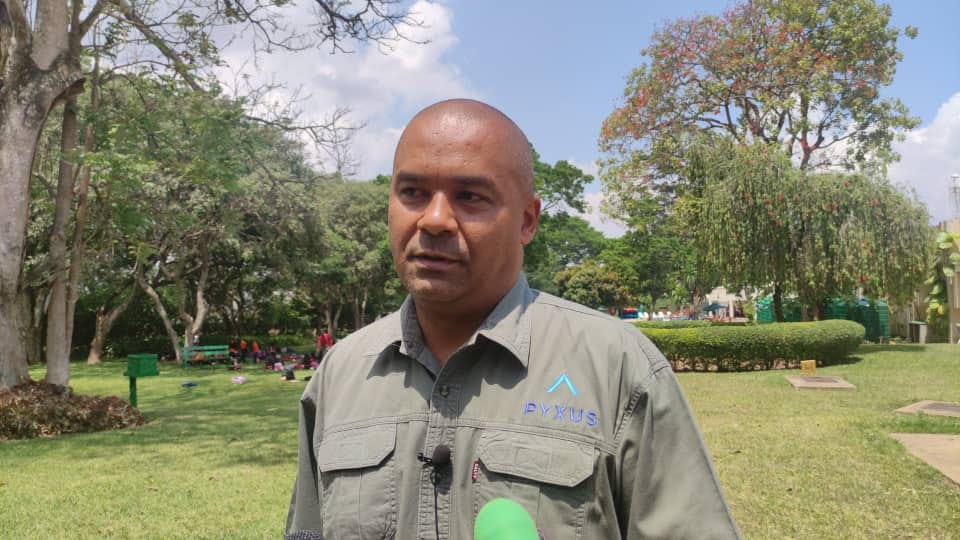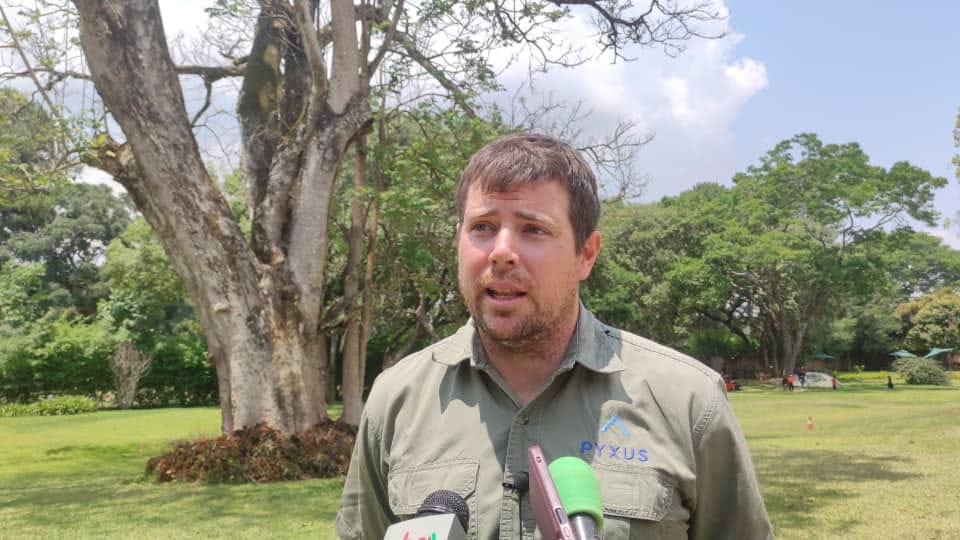Pyxus Calls for Collaborative Efforts in Forestry Sector for Sustainable Reforestation
The meeting gathered various stakeholders in the forestry sector to identify common challenges, share knowledge, and propose solutions based on recent research.
MZUZU, Malawi—In a bold move to combat environmental degradation and promote sustainable forestry practices, Pyxus Agriculture Limited has urged key players in Malawi's forestry sector to collaborate on various initiatives, including forestry-based research, writes Isaac Kambwiri.
The call was made by Managing Director Ronald Ngwira during a forestry research dissemination meeting held in Mzuzu on Thursday, organized in partnership with the USAID-Malawi office.
Ngwira emphasised the importance of sharing modern knowledge in forestry management among government entities and private sector stakeholders.
“I believe it's high time that as a country we need to adopt new energy sources that promote both sustainability and traceability," he stated.
"Doing so will improve environmental conservation in the country, particularly forests, which always need proper and careful management."
The meeting gathered various stakeholders in the forestry sector to identify common challenges, share knowledge, and propose solutions based on recent research.
Ngwira highlighted that experts have focused on improving indigenous and exotic tree species to enhance growth rates and wood yield from smaller forest areas.
“As you know, growing trees takes a long time; if there are new ways of improving this process, then it's better to come together and share common knowledge rather than each one of us doing it alone,” he observed.
To date, Pyxus has planted a variety of tree species, including bluegum, across 15 forestry areas, covering over 7,000 hectares of land primarily for wood, timber poles, and charcoal production.
However, Ngwira acknowledged several challenges impacting forestry management, including pests, diseases, wildfires, and insufficient rainfall, all of which hinder the trees' growth potential.
Jeremy Venable, Chief of Party for the USAID-Malawi-Pyxus partnership, expressed optimism about the progress of their five-year forestry sustainability management programme.
“Under this programme, we have planted about 500 hectares of forest and are looking forward to planting an additional 350 hectares,” he said.
“We believe this will help the country fight deforestation and achieve sustainable environmental conservation initiatives in the coming years.”
Furthermore, Vernable noted that the partnership aims to assist the private sector in developing reliable and sustainable reforestation initiatives, which can economically benefit the country through timber and wood production.
Dave Moyo, Forestry Research Officer for the Forestry Research Institute of Malawi, called upon international development partners, including USAID, to provide financial assistance to support various forestry-based research initiatives that could add value to the sector.
The meeting attracted a diverse group of participants from both the private and public sectors, including representatives from the Forest Research Institute of Malawi, Mzuzu University, Lilongwe University for Agriculture and Natural Resources, Clean Cooking Energies, and the Department of Forestry.





